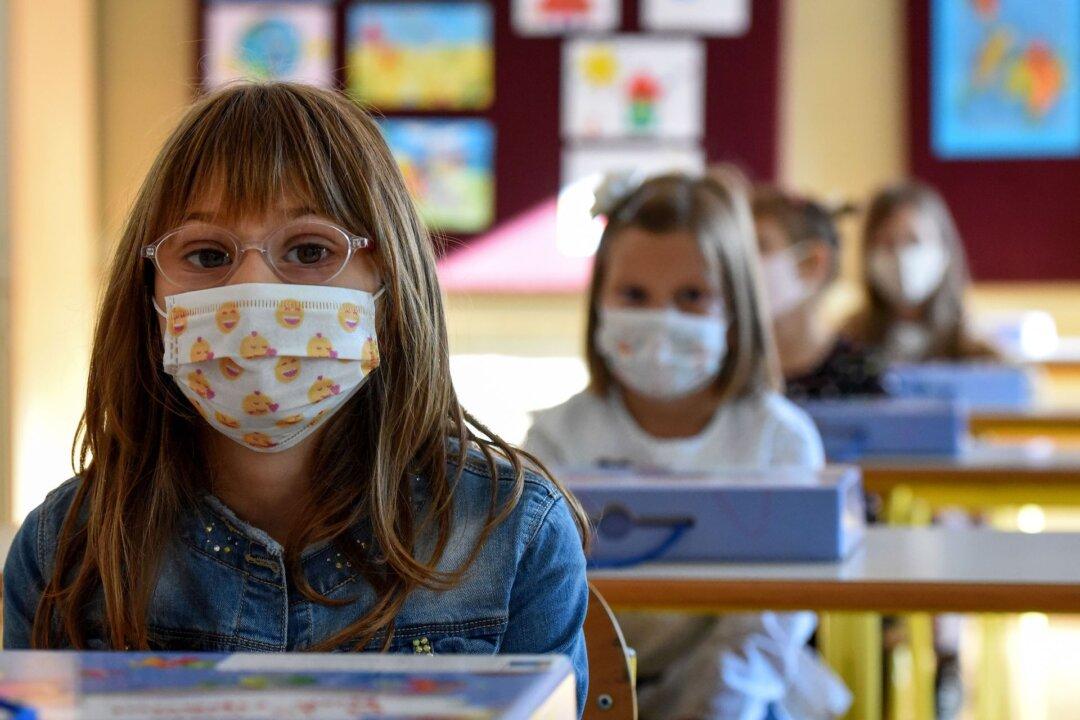A Pennsylvania lawmaker has drafted legislation to spend $50 million for training teachers to recognize and respond to students experiencing trauma in their homes and from COVID-19.
“According to experts, the COVID-19 pandemic qualifies as a traumatic experience, which only further contributes to trauma in many individuals, including children,” Democratic state Rep. Joe Ciresi said in a recent memo announcing the proposal.





